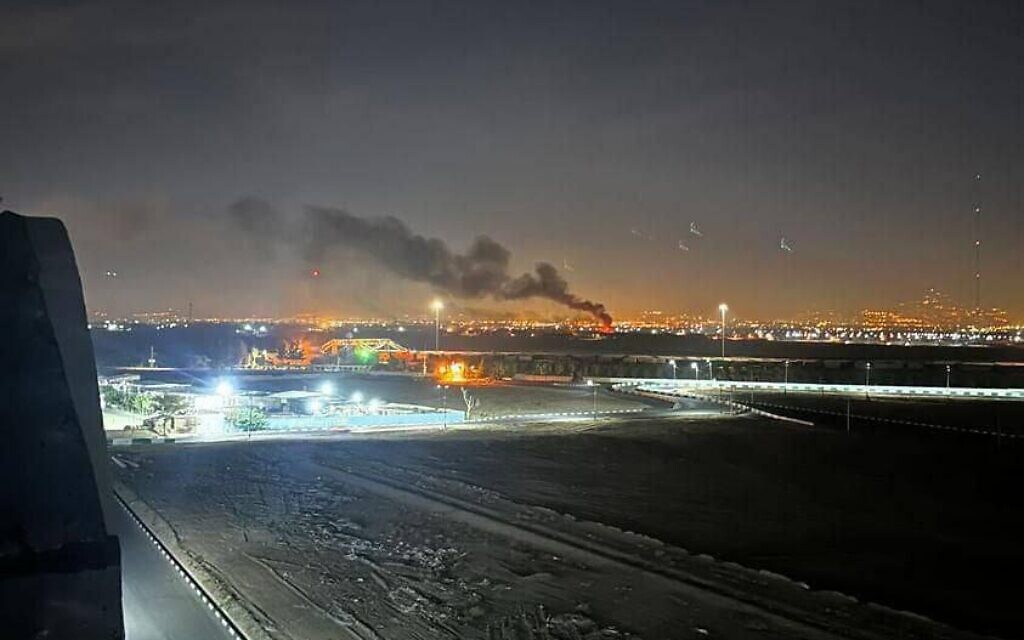
In a significant escalation of Middle Eastern tensions, Israel launched targeted strikes on Iranian military sites Saturday, October 26, responding to a series of missile attacks attributed to Tehran.
As explosions were heard across Tehran, Israel confirmed that its military initiated “precise strikes on military targets in Iran” following months of sustained threats from Iran.
The Israeli Defense Forces (IDF) released a statement explaining the operation as a response to an October 1 missile attack by Iran, which Israel has called a clear act of aggression. The Israeli Defense Minister, Yoav Gallant, previously warned of a “deadly, precise and surprising” response to any aggression against Israel, signaling the nation’s readiness for heightened defensive and offensive actions.
This operation comes amid an intense regional conflict, where Israel is actively countering Iran-backed groups, including Hamas in Gaza and Hezbollah in Lebanon, following the October 7 Hamas assault that killed over 1,200 civilians in Israel. Israeli military spokesman Daniel Hagari urged residents to stay “alert and vigilant,” underscoring the heightened state of readiness across Israel’s defense forces.
The current tension follows a string of high-profile incidents, including Israeli strikes that killed key figures such as Hezbollah leader Hassan Nasrallah and Iranian Revolutionary Guards general Abbas Nilforoushan. Explosions reportedly heard around Tehran Saturday night have prompted Iranian state media to broadcast updates, though they have yet to confirm their cause, and no fires have been reported at vital sites.
The United States, informed by Israel of the strike plans, clarified its non-involvement, with US National Security Council spokesman Sean Savett calling the operation a “self-defense measure.” Additionally, Syrian state media reported that its air defenses intercepted “hostile targets” near Damascus, possibly linked to the escalation between Israel and Iran.
This confrontation, as Israel expands operations against what it deems the “axis of resistance,” has raised concerns over a broader regional conflict drawing in multiple nations and factions across the Middle East.




